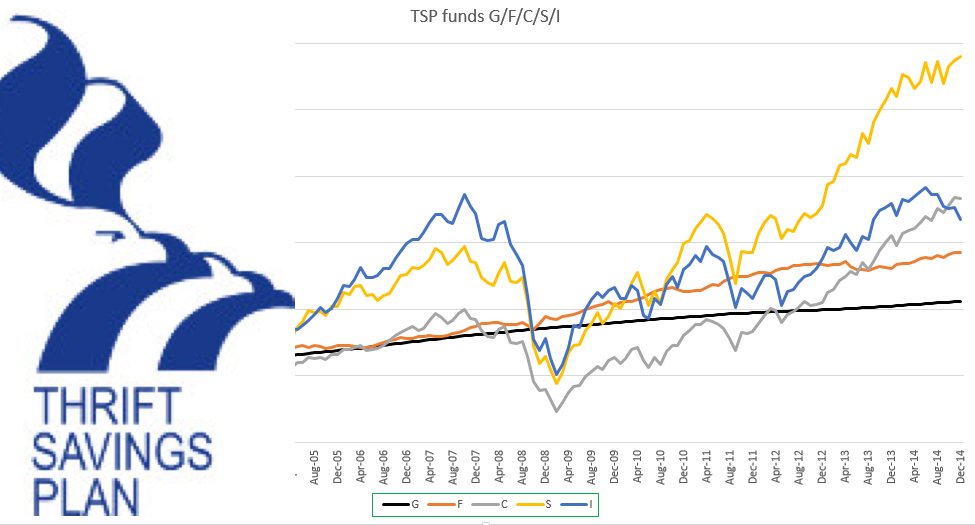Beneficiaries of the TSP and How the Account Works

If you’re the spouse of a federal worker who has passed away, it would not be uncommon for your partner to leave you specific instructions to not touch their Thrift Savings Plan immediately, as the surviving partner would be the only one who could designate that the funds be left alone. The benefit of not touching the TSP of your deceased spouse would be that the L income fund investment itself is not very expensive, and you can keep the money accruing while naming your own children as the new beneficiaries by turning the account into what is known as a Beneficiary Participation Account, or a BPA.
The BPA itself has its own set of rules that participants must abide by. Firstly, it’s only offered to the surviving spouse, who is the one who must decide whether to participate in the program or not by leaving their partner’s funds in the TSP. Withdrawals, annuity, payments with the BPA can be accessed in the same basic way the TSP can. Beneficiaries (usually children) will then be determined by the surviving spouse. And once the surviving spouse themselves passes away, the funds will no longer be allowed to be kept in the account and will have to be withdrawn.
Another rule is about RMDs or Required Minimum Distributions. This would begin on the 1st of April on the year following your partner’s would-be 70 and a half birthday and would be determined by the age of the TSP participant. Each year after that 70 and a half birthday threshold, the survivor must take an RMD. The amount of the RMD would be determined by the life expectancy of the BPA policyholder.
The participants of the TSP BPA are not allowed to move the inheritance to an Inherited IRA; a right only granted only to the beneficiary of the original TSP.
So let’s say you continued to take your life expectancy based RMDs when you pass away, and the BPA account is settled and quite large. Your children, if responsible, will want to inherit this money in the most tax-savvy way possible. Not having the Inherited IRA available, as per the BPA rules, means that any surviving children will have to look into other means, lest they hand a sizeable chunk of your earnings right back to the government in taxes.
Your TSP BPA beneficiaries will get a direct payout as you had determined earlier, and that payout cannot be put into the Inherited IRA and will be taxed to your children as if it was normal income. But there are ways around this. If after receiving your partner’s TSP you took that money and put it into your own IRA, then when you passed on your children would be allowed to take that money and put it into an Inherited IRA. A lump sum payment from them won’t then be required upon your passing and them receiving their inheritance.
High taxes, lessens Social Security payments, decrease in pension are things that will have to be addressed should your partner pass away, but you should be able to remain financially secure with a little bit of planning in regards to your TSP and your future.



